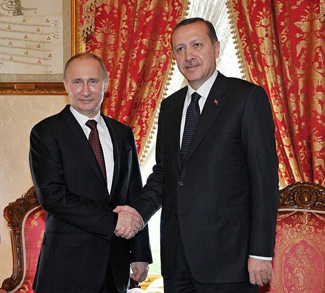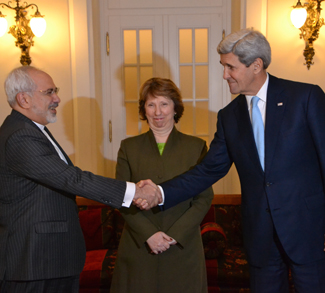Summary
Reunification talks in Geneva have begun again over the division of Cyprus, with an end goal of reuniting the island’s Turkish Cypriot and Greek Cypriot communities in a two-state federation with a rotating presidency. The talks have hit an early stumbling block however, after Turkey President Recep Tayyip Erdoğan rejected the withdrawal of the 30,000 Turkish troops in northern (Turkish) Cyprus after reunification unless Greece also agrees to remove the 1,000 troops it currently has in place there. Other concerns remain over how to manage an unwieldy post-conflict political structure that also ensures both communities feel protected. Finally there are also fears of Russian meddling to prevent an agreement to reunify the island, which would ease tensions between the European Union (EU) and NATO member Turkey.
Background
A frozen conflict. Cyprus gained independence from Britain in 1960 but its politics were troubled from the start by ethnic tensions between the minority Turkish Cypriot community and the majority Greek one. Since 1974, the island has been split between a Turkish-occupied zone and a Greek-backed south, where a faction of Greek Cypriots supported by the ruling Greek junta in Athens staged a coup with the intention of reuniting Cyprus with Greece. That sparked a Turkish invasion and the partition of the island, which has remained divided ever since.




